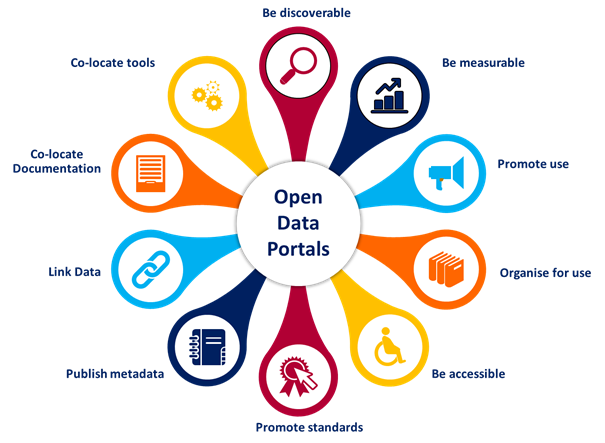Data are considered to be “open” if anyone can freely access, use, re-use and redistribute them, for any purpose, without restrictions.
ASIA – Indonesia: Badan Pusat Statistik (Indonesia)
__§_bps.go.id
ASIA – Indonesia: Open Data Banda Aceh (Banda Aceh City Government) Agencies
__§_data.bandaacehkota.go.id
____Open Data Banda Aceh|Agencies
ASIA – Indonesia: Portal Data Bandung (Bandung City Government) Population and Employment, Economy and Finance, Education, Health, Environment, etc..
__§_data.bandung.go.id
____Portal Data Bandung|Population and Employment, Economy and Finance, Education, Health, Environment, etc..
ASIA – Indonesia: Data Indonesia (Indonesia)
__§_data.id
ASIA – Indonesia: Portal Open Data Gerak (Gerak Aceh) Mineral and Coal, Oil and Gas Forestry / Plantation, Budgets, Health, Education, Case Reports, Public Information, Village Fund
__§_data.gerakaceh.id
____Portal Open Data Gerak|Mineral and Coal, Oil and Gas Forestry / Plantation, Budgets, Health, Education, Case Reports, Public Information, Village Fund
ASIA – Indonesia: Jakarta Open Data (Jakarta Provincial Government) Health, Education, etc..
__§_data.jakarta.go.id
____Jakarta Open Data|Health, Education, etc..
ASIA – Indonesia: Meteorological And Geophysical Agency (Indonesia)
__§_bmkg.go.id
ASIA – Indonesia: Ministry Of Energy And Mines (Indonesia)
__§_esdm.go.id
other open data portals
The key features of openness are:
Availability and access: the data must be available as a whole and at no more than a reasonable reproduction cost, preferably by downloading over the internet. The data must also be available in a convenient and modifiable form.
Reuse and redistribution: the data must be provided under terms that permit reuse and redistribution including the intermixing with other datasets. The data must be machine-readable.
Universal participation: everyone must be able to use, reuse and redistribute — there should be no discrimination against fields of endeavour or against persons or groups. For example, ‘non-commercial’ restrictions that would prevent ‘commercial’ use, or restrictions of use for certain purposes (e.g. only in education), are not allowed.
Open Data initiatives, activities and portals:
http://bit.ly/open-data-map
